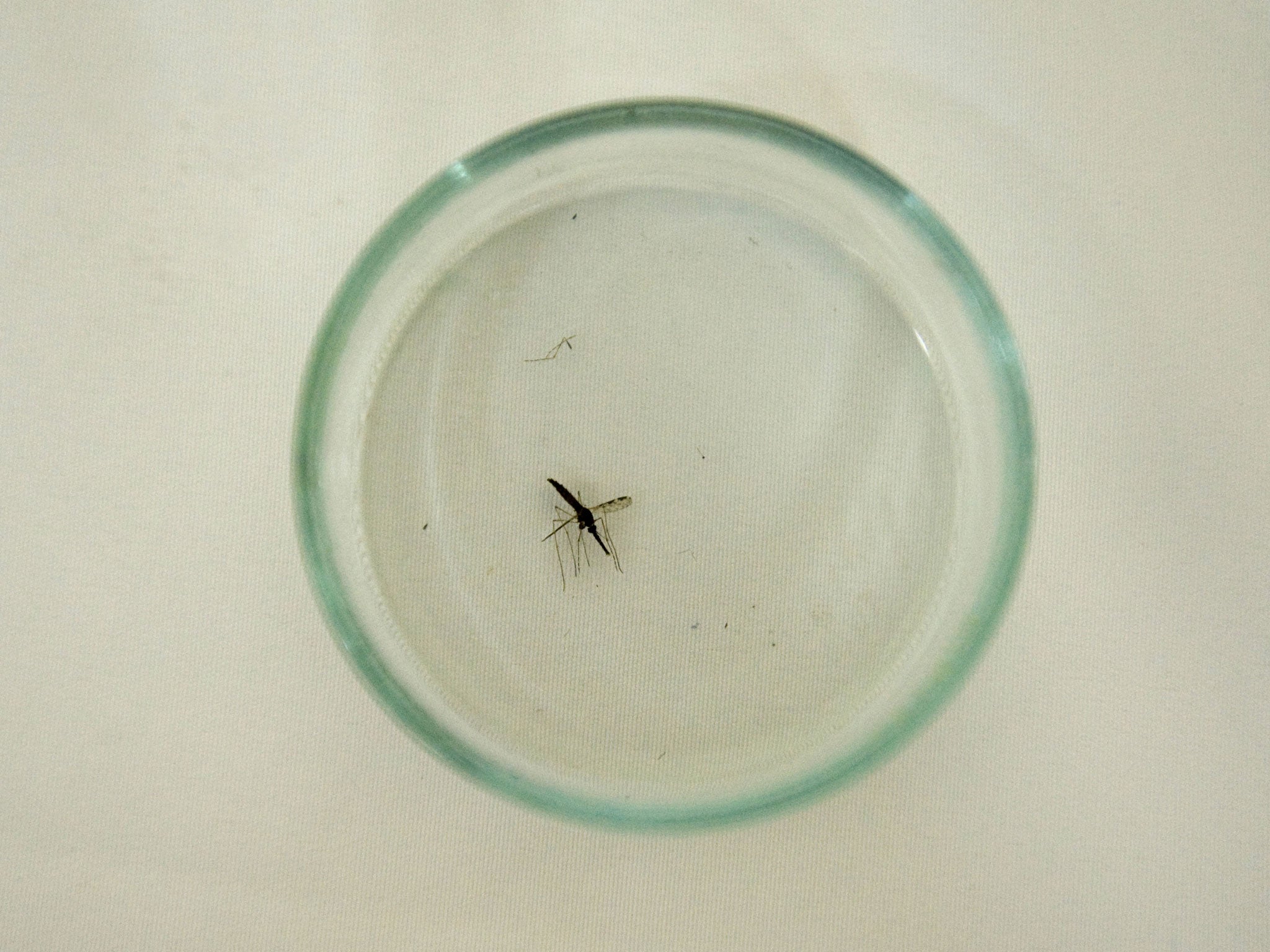Scientists identify resistance gene in malaria parasite
Discovery of genes that confer resistance to the drug artemisinin is major step forward for treatment of the disease

Scientists have identified the changes to the genes of the malaria parasite that make it resistant to one of the last effective drugs against the blood-borne parasite, which kills more than one million people each year, many of them children.
Frederic Ariey, a malaria researcher at the Pasteur Institute in Paris, found the genes that confer resistance to the drug artemisinin by repeatedly exposing a drug-sensitive strain of the parasite from a malaria patient in Tanzania to the drug until the parasite developed resistance.
They then analysed the parasite’s genome to see which genes had changed to make it resistant to artemisinin.
Artemisinin resistance has already been seen to occur naturally in parts of south-east Asia, such as Cambodia, Thailand and Vietnam, and researchers are worried that it may spread to Africa where the majority of lethal cases of malaria occur.
“If full-blown artemisinin resistance were to reach Africa, it could be truly a global health catastrophe,” Christopher Plowe, a malariologist at the University of Maryland in Baltimore, told the journal Nature, where the study was published.
The Pasteur scientists compared the genetic changes in their resistant strain to those seen in the wild and were able to use the results to assess whether there are any other parts of the world where drug resistance is developing.
“We will very soon know where artemisinin resistance is and where it has spread,” said Pascal Ringwald of the Global Malaria Programme at the WHO, who co-authored the Nature study.
Artemisinin is made from sweet wormwood and was discovered by Chinese scientists to be effective against malaria. Used in combination with other malaria drugs, artemisinin can clear the blood of patients infected with the malarial parasite Plasmodium falciparum within two days.
Malaria resistant to artemisinin was first noticed in Cambodia about 10 years ago but since then it has also emerged in neighbouring Vietnam, Burma and Thailand.
The WHO is particularly anxious to see whether the resistant strains in Burma have begun to spread to India and Bangladesh and hope to use the latest research to see if this has occurred.
Join our commenting forum
Join thought-provoking conversations, follow other Independent readers and see their replies
Comments
Bookmark popover
Removed from bookmarks